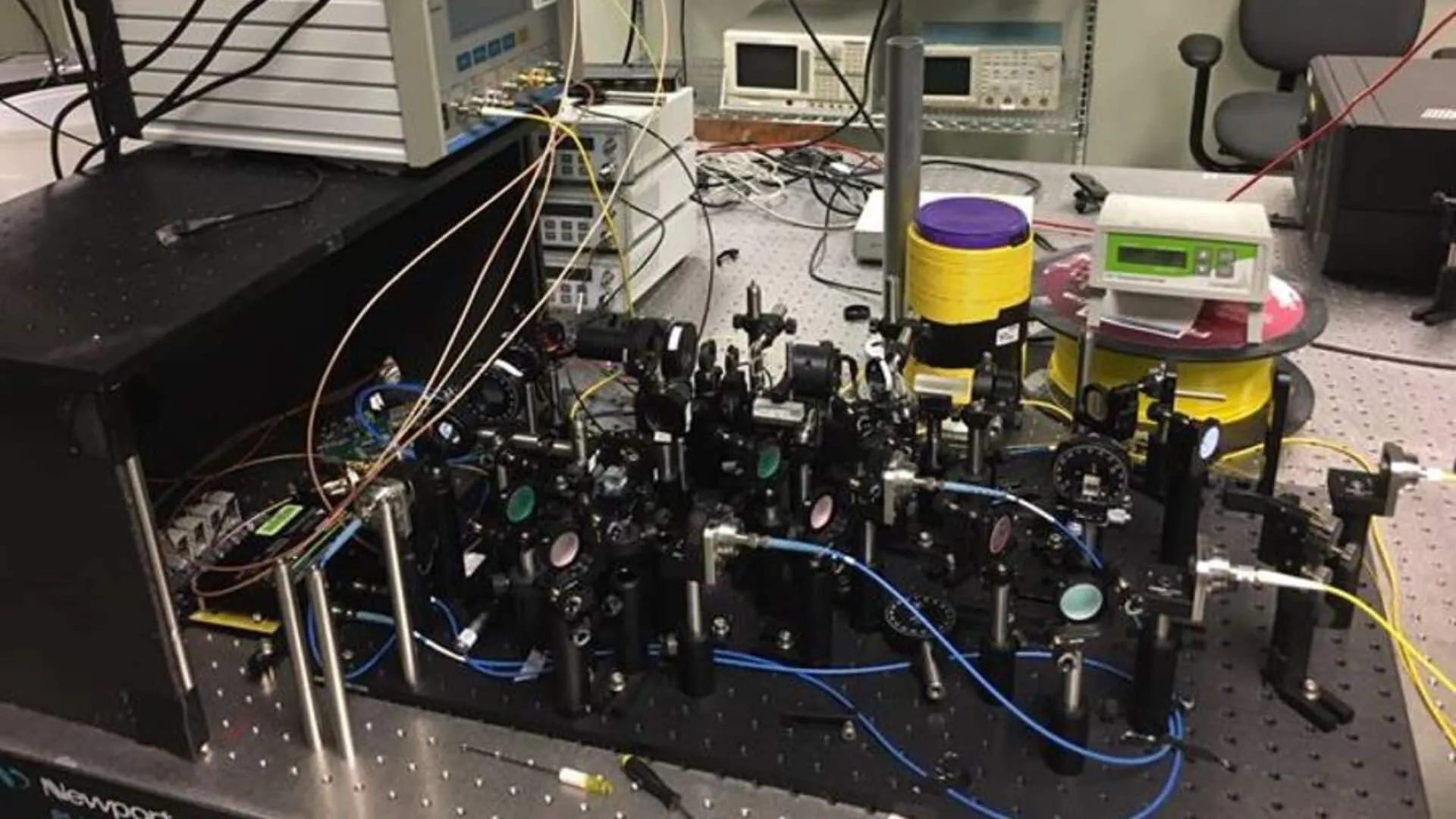Breakthrough MIT Quantum Algorithm Challenges Existing Encryption Methods

MIT's Quantum Algorithm Breakthrough
A team of researchers at the Massachusetts Institute of Technology (MIT) has made a significant breakthrough in quantum computing. The team, led by Vinod Vaikuntanathan and graduate student Seyoon Ragavan, has created an innovative algorithm that could potentially enable quantum computers to swiftly decrypt advanced encryption methods.
Urgent Need for New Encryption
This development underscores the urgent need for new encryption techniques that can withstand potential quantum attacks. The primary focus of the MIT research is to improve the practicality of quantum factoring, a process that can potentially render widely-used encryption systems such as RSA ineffective.
- RSA encryption derives its security from the inherent difficulty for classical computers to factorize large numbers.
- Quantum computers have the theoretical capacity to perform this factorization at much faster speeds due to their unique principles of quantum mechanics.
Quantum computers are not without their challenges, particularly when it comes to noise and resource constraints. A quantum circuit attempting to factor a large number would have to execute multiple runs, carrying out operations that include calculating powers such as 2 raised to the 100th power. However, computing these large powers is expensive and difficult on a quantum computer due to their ability to only perform reversible operations.
Fibonacci Number Method
The MIT researchers have devised a method to calculate exponents using a series of Fibonacci numbers. This technique only requires simple multiplication, which is reversible, instead of squaring. It also necessitates just two quantum memory units to calculate any exponent.
Vaikuntanathan explained the process as kind of like a ping-pong game, where we start with a number and then bounce back and forth, multiplying between two quantum memory registers. In addition to memory constraints, quantum computers also face challenges due to errors introduced by quantum gates. The MIT team tackled this problem by using a technique that filters out corrupt results, ensuring only correct ones are processed.
- The end-result is a circuit that is significantly more memory-efficient.
- Plus, their error correction technique would make the algorithm more practical to deploy, stated the press release from MIT about this breakthrough research.
Future Aspirations
Despite the significant progress made by the MIT team, implementing their breakthrough algorithm on actual quantum hardware remains a future goal. Current quantum computers lack the necessary capabilities to execute such complex algorithms. However, as Oded Regev from New York University noted, this work brings quantum factoring algorithms closer to reality.
This article was prepared using information from open sources in accordance with the principles of Ethical Policy. The editorial team is not responsible for absolute accuracy, as it relies on data from the sources referenced.